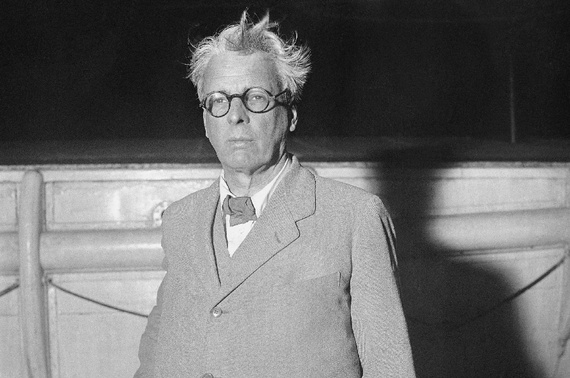Born #onthisday in 1717: Horace Walpole who wrote what is widely regarded as the first Gothic novel.
'The Castle of Otranto', first published in 1764, blended elements of realist fiction with the supernatural and fantastical, laying down many of the plot devices and character-types that would become typical of the Gothic: secret passages, clanging trapdoors, hidden identities and vulnerable heroines fleeing from men with evil intent.
The novel was a success all over Europe, and the poet Thomas Gray commented in a letter to Walpole that it made ‘some of us cry a little, and all in general afraid to go to bed o’nights.’ http://bit.ly/2d5Ob8y



